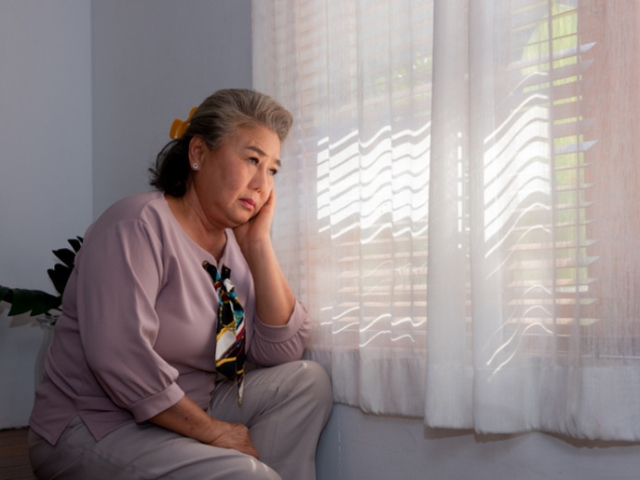
The Effect of Lichen Sclerosus on Women’s Sexual Health

Introduction
Lichen sclerosus (LS) is a skin disease that typically affects the anogenital area of the body and occurs more commonly in women. This condition causes whitish patches of skin that are more fragile than other areas of skin and can tear easily. One of the most distressing symptoms of LS is dyspareunia, or painful intercourse. Other symptoms include itching, pain, burning, and bleeding, and the anatomy of the genitals might also change over time. For example, the clitoral hood may adhere to the clitoris or the labia minora may appear to be reabsorbed by the body.
Methods
The authors of a recent study decided to delve into the sexual health repercussions of LS for women using a mixed methods approach: an online survey including two questionnaires for a larger sample of women with LS and 5 in-depth semi-structured qualitative interviews. Their aim was to examine the biopsychosocial aspects and impact of vulvar LS on women’s sexual health.
A total of 172 women with LS completed the online survey which included the Female Sexual Function Index (FSFI) and the Female Sexual Distress Scale (FSDS). The FSFI assesses female sexual function with 19 items across six domains: desire, lubrication, arousal, orgasm, satisfaction, and pain. On the other hand, the FSDS measures sexual distress experienced over the previous 4 weeks with 12 items.
Five women with LS then volunteered to participate in individual, audiotaped, semi-structured interviews about the effect of LS on their sexual health. Each of these interviews lasted between 60 to 90 minutes.
Results
The women’s FSFI scores were, on average, below 26.55, which is the FSFI cutoff score for sexual dysfunction. Pain and desire were the two domains that were most impacted by LS. Additionally, all of the women had FSDS scores of greater than 15 on average, which indicates sexual distress.
With regard to the interviews, four main themes emerged: 1) decrease in or loss of sexual activity, 2) impact on relationship dynamics, 3) importance of sex and intimacy – handling loss and restoration, and 4) worries about sexual insufficiency. During the interviews, the women expressed grief and frustration about declines in sexual frequency, concerns about the changes in their relationships, and the desire to cultivate intimacy with their partners while worrying about their sexual sufficiency.
Discussion & Conclusion
These results demonstrate that LS can have a major effect on women’s sexual health in terms of sexual functioning and sexual distress. The average scores of the women in this study showed that practically all of the participants experienced sexual dysfunction and sexual distress. While these findings are discouraging, they may help health care professionals to better understand the challenges that their LS patients face. In this way, they will be better equipped to support these individuals with strategies for maintaining intimacy with their partners while mitigating the negative effects.
References:
- Caspersen, I.S., Højgaard, A., & Laursen, B.S. (2023). The influence of lichen sclerosus on women’s sexual health from a biopsychosocial perspective: a mixed methods study. The Journal of Sexual Medicine, 20(4), 488-497. https://doi.org/10.1093/jsxmed/qdad018

